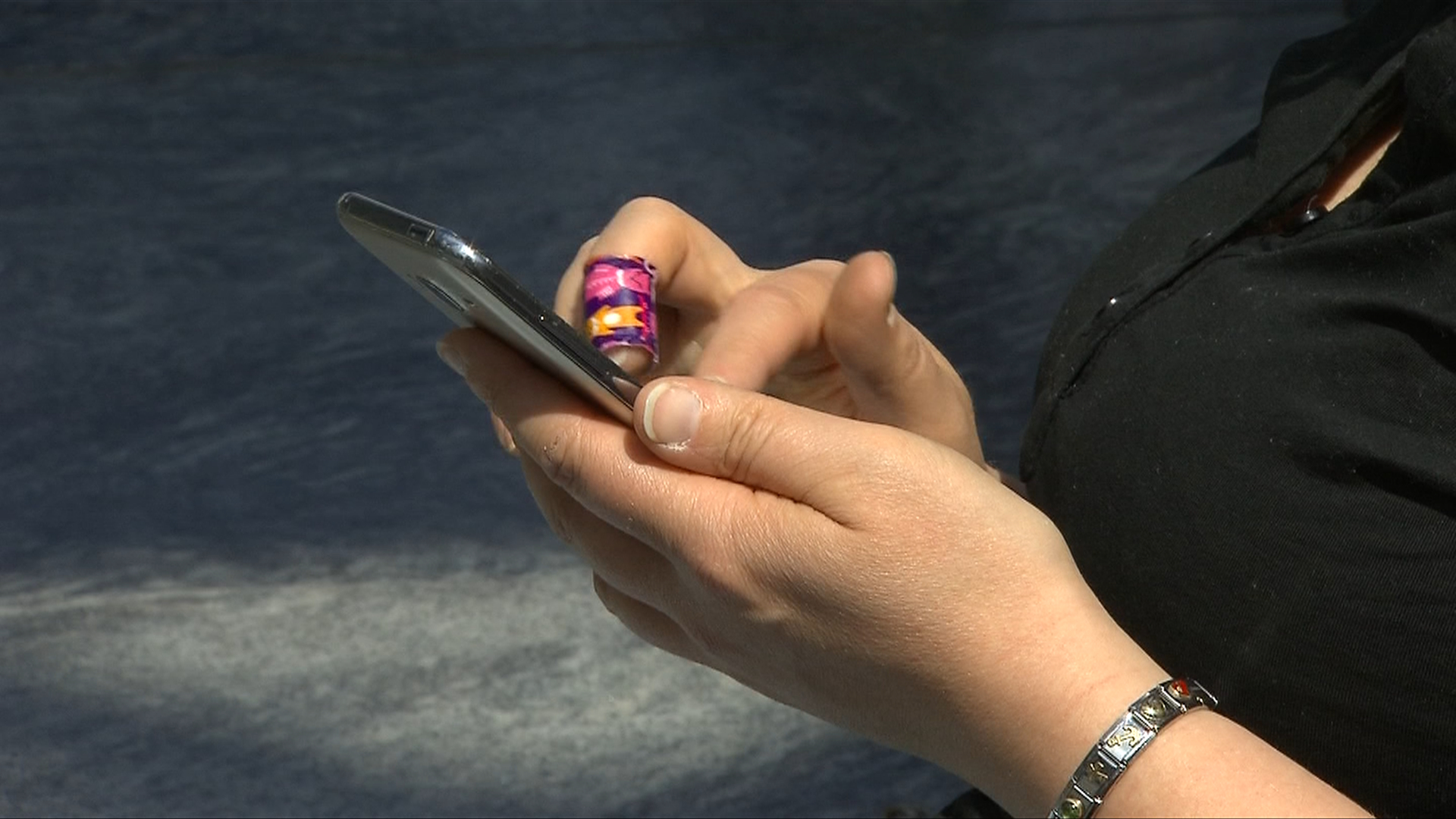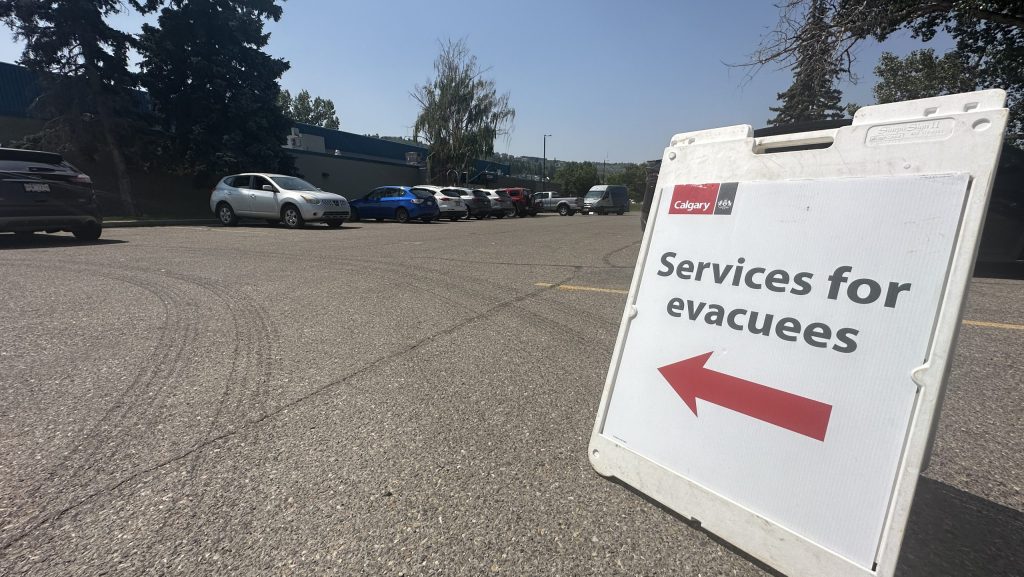Youth mental health in crisis, experts say
Posted Mar 22, 2023 2:03 pm.
The pandemic has largely magnified depression and anxiety amongst youth but that’s just one contributing factor, experts say.
“We are indeed currently experiencing a mental health crisis larger than we ever have seen in past decades, not only for adults but more specifically for youth as they are more vulnerable to stressful life events,” Caroline McDonald-Harker, a sociology professor at Mount Royal University, explained.
Related articles:
-
Youth attempted suicide spiked globally during pandemic: UCalgary report
-
‘Kids are not okay’: Canadian Mental Health Association
According to the Mental Health Commission of Canada, the suicide rate is up 25 per cent in the 15 to 24 age bracket.
McDonald-Harker says there’s an emerging psychiatric fragility amongst youth, something she believes has stemmed from a string of stressful life events.
“Over the last few years alone, we have seen a significant increase in the traumatic life events that youth are experiencing, including, for example, natural disasters. Here in Alberta alone we experienced the 2013 southern Alberta flood and in 2016 the Fort McMurray wildfire, and added to that, just a few years later, we experienced the COVID-19 health pandemic, which is ongoing,” she told CityNews.

A convoy of evacuees from Fort McMurray, Alberta drive past wildfires that are still burning out of control as they leave the city Saturday, May 7, 2016.THE CANADIAN PRESS/Ryan Remiorz
Experts say stress at home and amongst peers is also playing a large part in the added anxiety and depression youth are facing. Not knowing when to ‘unplug’ is also playing a role.
“Because we’ve given them too much too soon at a young age when they weren’t allowed to be on these platforms, they get sucked into these rabbit holes at a young age and, of course, they’re developing. And what they’re looking at is formulating opinion — for example, it could be extremist views, it could be political ideologies. And one of my messages, as much as I believe tech, it’s in my DNA, there’s a time and a place,” said Paul Davis, a social media and online safety expert.
Both he and McDonald-Harker say in-person communication and guidance from parents are often being replaced with advice from peers who don’t have the tools and experience to offer the appropriate support.
“When you’re accessing the supports from youth of similar age and developmental life stage as you, you may not have that important and valuable information that is required,” said McDonald-Harker.

Experts say the pandemic has largely magnified depression and anxiety amongst youth. However, they note there’s an emerging psychiatric fragility amongst youth that is also stemming from a string of stressful life events. (CityNews Image)
“Unfortunately, where the kids are now is the babysitting part of technology because parents are too busy,” added Davis.
Davis is urging parents to monitor their kids’ use of tech and to enforce rules around the sites and apps they have access to.








